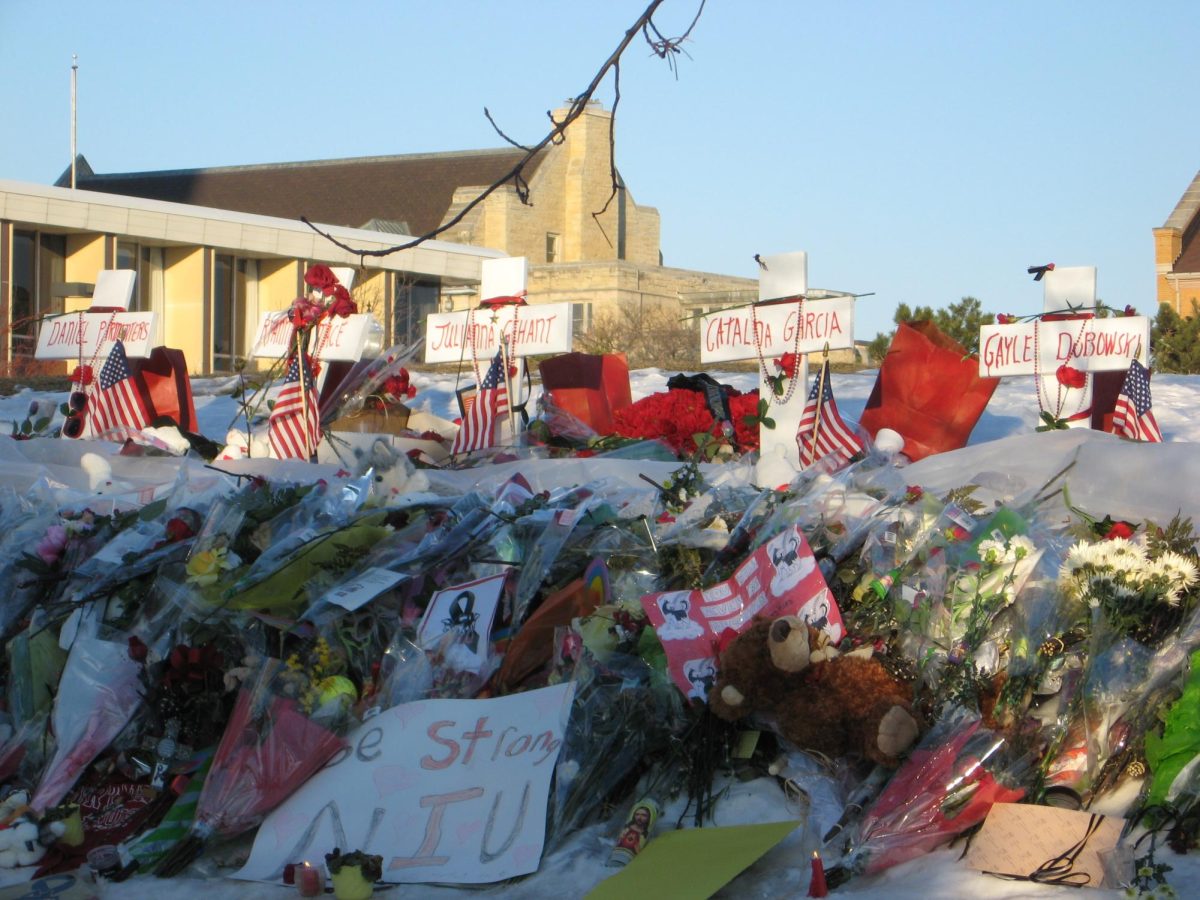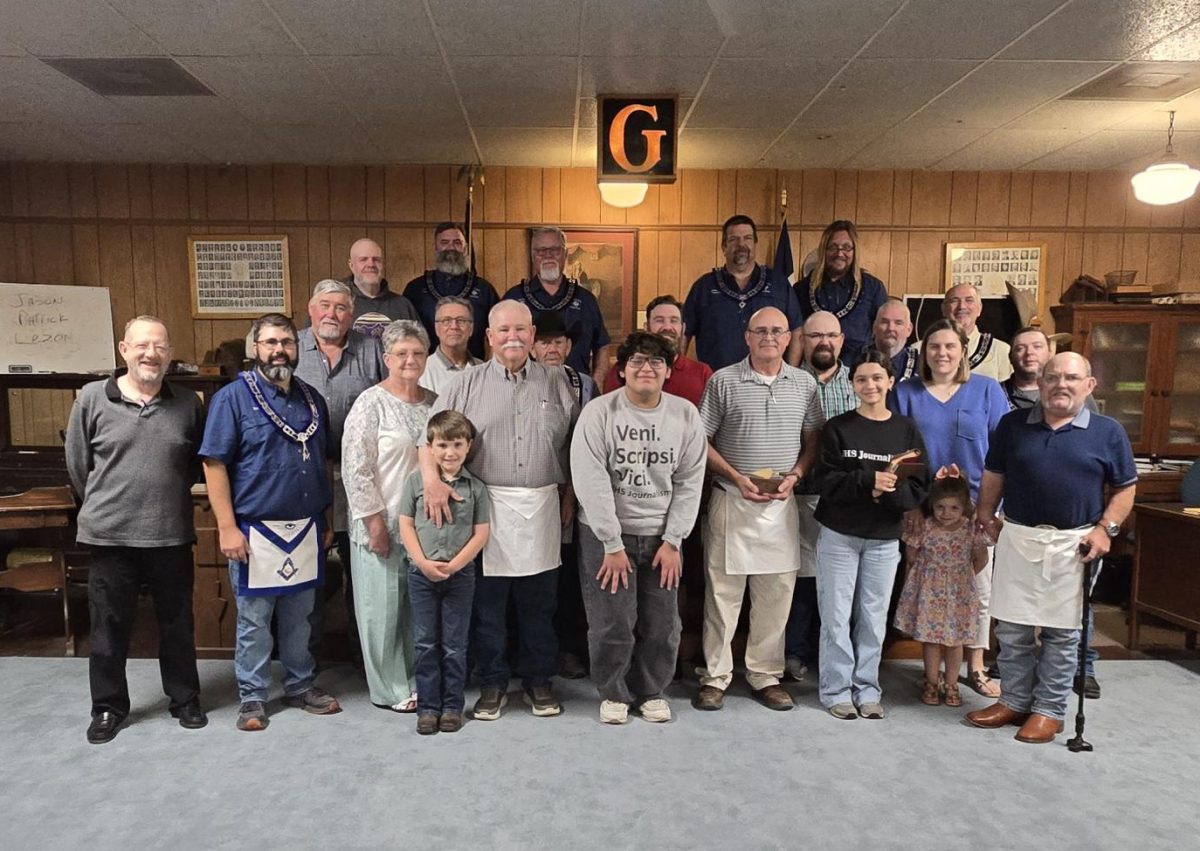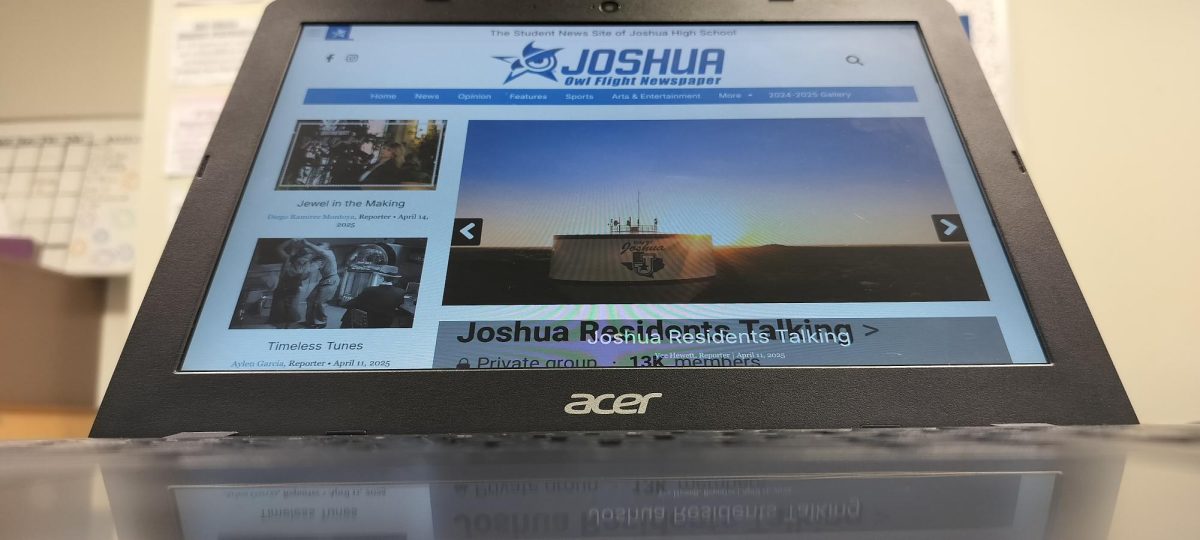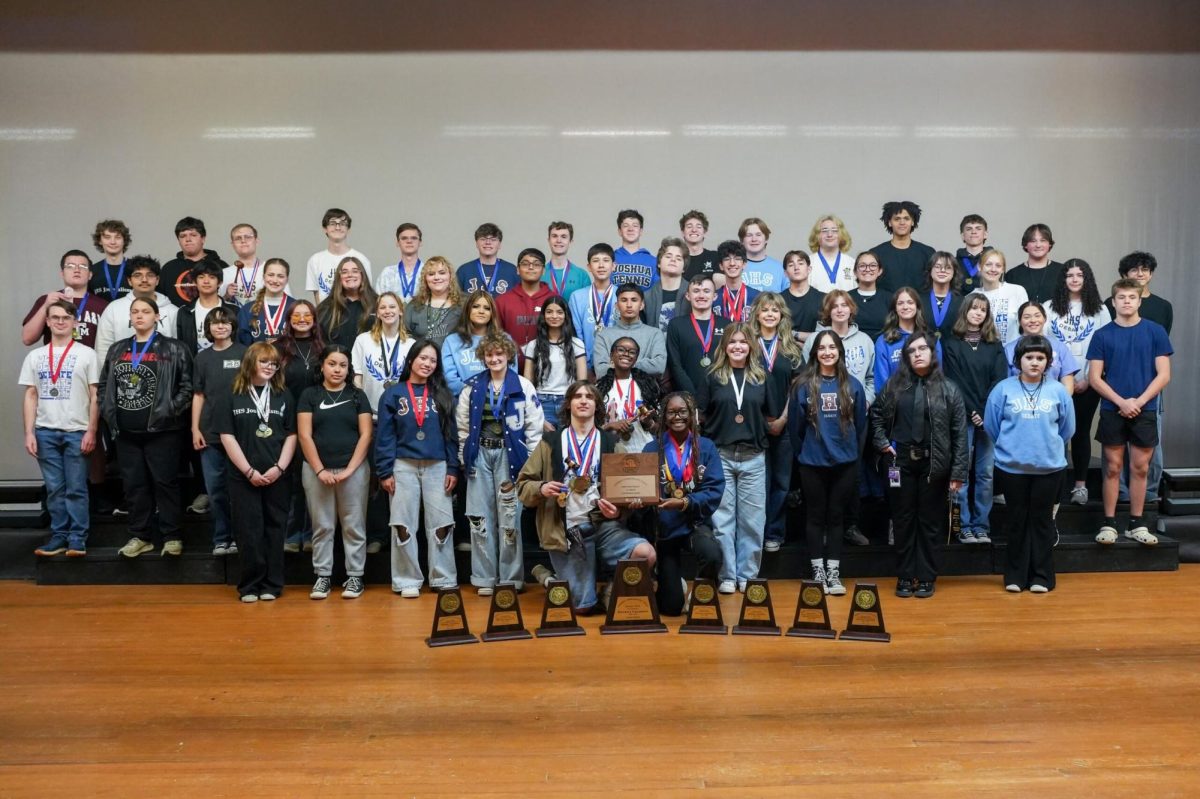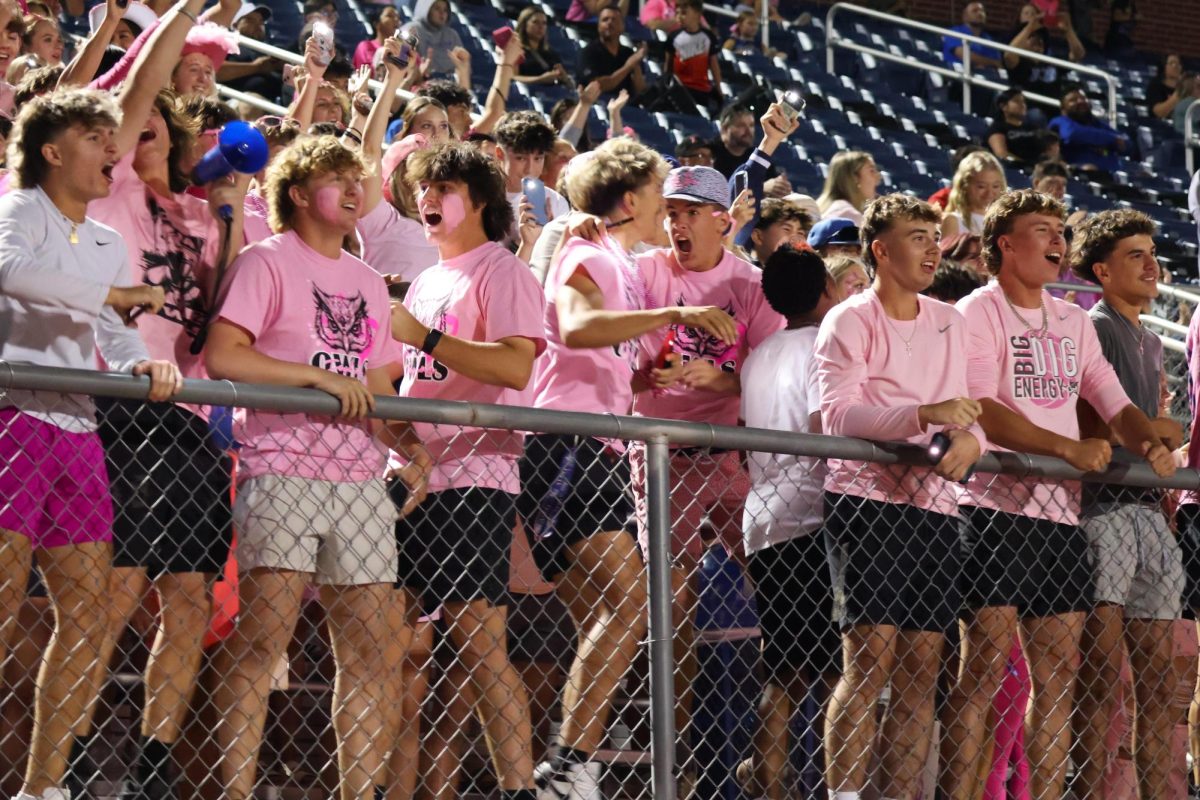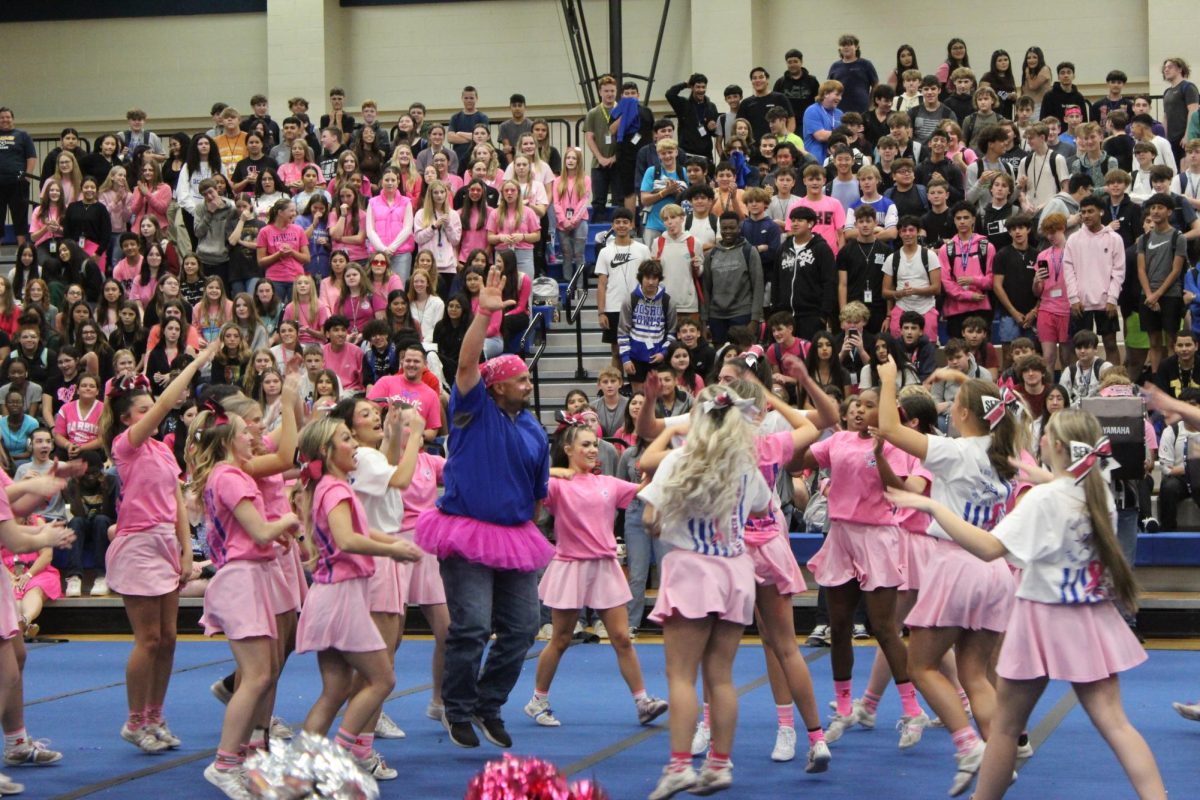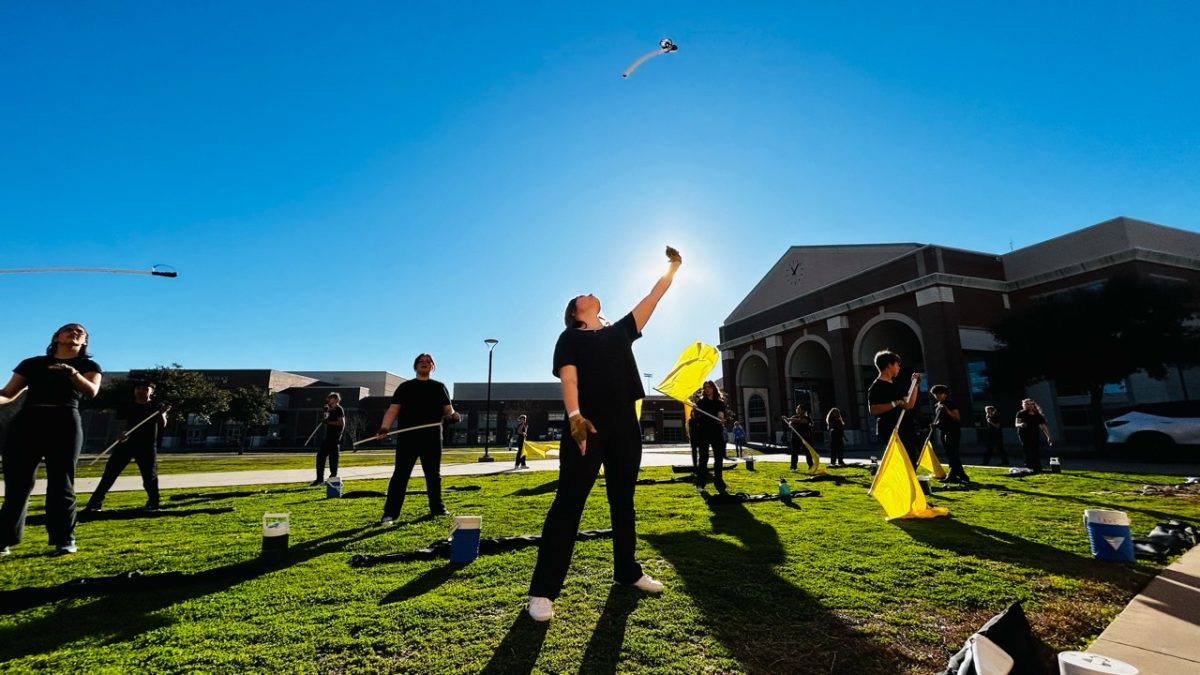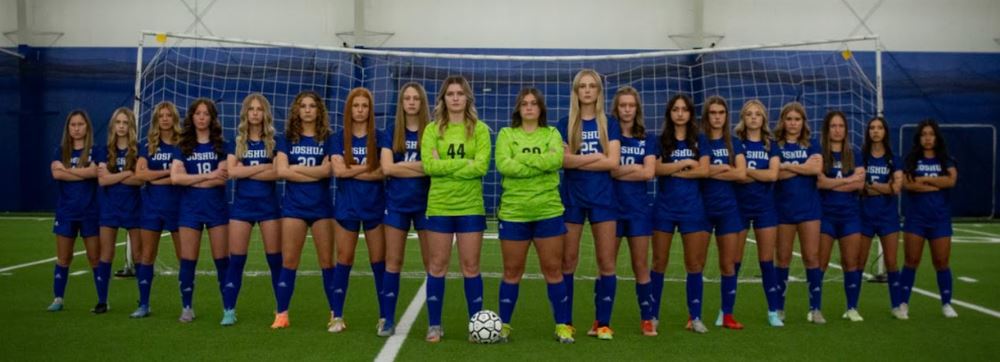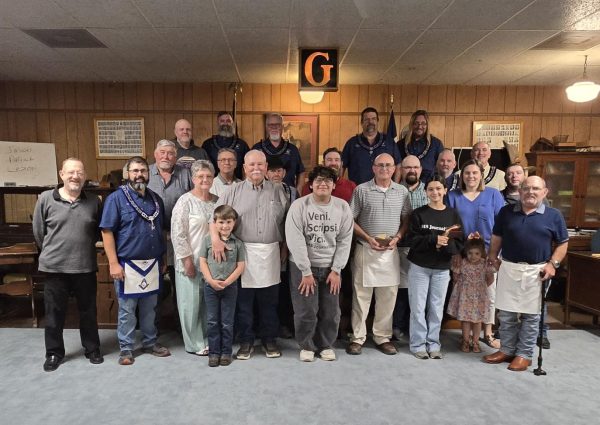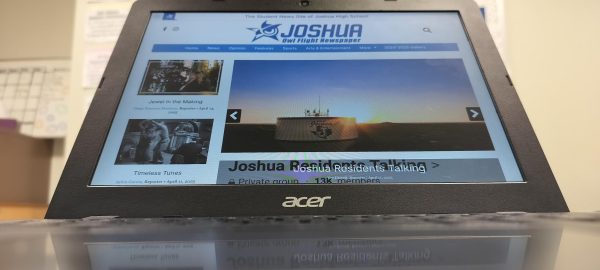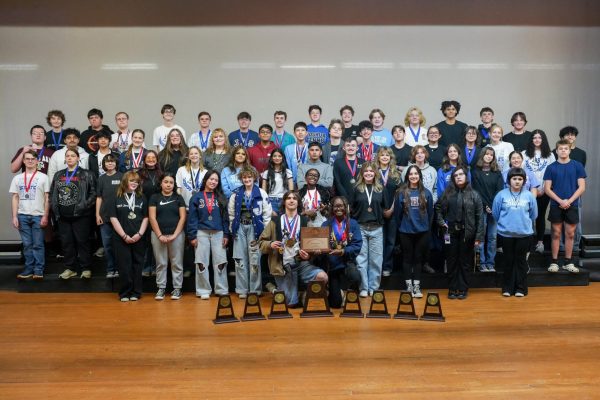Not Always Teachers
In a survey conducted by Wakefield Research for Junior Achievement USA and The Hartford, researchers found that most young adults continue to alter their career choice, even after going to school for their original specialty.
Some teachers on our campus have made the difficult decision to leave their previous profession, and become a teacher instead.
“Young people need to learn good manners,” Spanish teacher Jose Cervantes said. “They need to understand that school is more than lessons and that morality, ethics, and good principles will always rule their life, which is strengthened at school.”
Jessica Baker, Certified Nursing Assistant teacher:
Before Mrs. Baker became a teacher, she was a Registered Nurse, the Charge Nurse for Comanche County Medical Center.
“I found a love for nursing in my last semester of college” Baker said. I was diagnosed with stage four Melanoma and it was the fabulous care of the nurse at MD Anderson that made me want to become a nurse to help others in their time of need.”
Being a nurse has its perks. Some of these perks have nothing to do with the actual job.
“At any given time I had about sixty adopted grandparents,” Baker said. We were a very close family.”
Making the decision to change professions can be difficult, but for some people, it’s the right decision.
“I get to take my love of the profession and instill it in the students that come into my classroom and hopefully help build a strong base for the jobs or different paths each student goes on,” Baker said. “I love that though I am not at the bedside, I know I am sending some of Joshua’s most caring and compassionate students out to the bedsides to care for the many patients across the area. I feel that at some point I would like to go back to bedside care, to what capacity is to be determined.”
Jose Cervantes, Spanish teacher:
Before Mr. Cervantes was a teacher, he was an architect. He originally chose this path because he loves to design buildings.
“It is interesting to apply sustainable systems to live, worry about the planet, and find solutions to spatial and material problems,” Cervantes said.
Mr. Cervantes changed his career choice because he wanted to find a way to positively impact the lives of young adults. “Education and principles need a firm hand and a good heart to engrave them in the hearts of students,” Cervantes said.
He hopes to find innovative ways to help not only the students but the school too.
“The correct principles of education are taught at home and strengthened at school, although it is not done like this,” Mr. Cervantes said. “I would change the way of educating young people here in the United States. All rules benefit students more than the teachers.”
Thomas Grant, Social Studies teacher:
Formally, Mr. Grant was in the U.S. Army. He chose this profession because, “In part, it was a family tradition but it was also the draw of the service to the country,” Grant said.
Living a military life can provide people with incredible opportunities most others never experience.
“Growing up in the military, you get to travel around the world, see things most people only dream of, like the jungles of Central America,” Grant said.
Just like nursing, the military has perks too.
“My favorite part was with my job and particular skill set,” Grant said. “I had a TSSCI umbrella (Top Secret Compartmented Information) clearance. You knew what was going on in the world where most had no clue which in some cases was a good thing.”
“As stated, life in the military can be amazing but there are parts of the job that can have a negative impact on your life,” Grant said. “You make the ultimate decision of what is best for you. For those reasons, I got out. I would have never considered a teaching career had it not been for my wife.”
This is a somewhat ironic career choice because while in high school, Grant avoided campus like “the plague”.
“In life, I find you can’t live with regrets,” Grant said. “You dwell on them and they bog you down. Accept what has taken place, learn from it, live your life, and grow. Always move forward, don’t live for the ‘what if’s’ or what could have been.”
Denise Oyler, Health Science teacher:
Previously, Ms. Oyler was a Registered Nurse, the Nurse Case Manager for a local hospice.
“Most of my life I have worked both as a teacher by day and a hospice nurse during my time off,” Oyler said.
When Ms. Oyler finished high school, she became a music major. She soon realized that she wanted to help people. She realized that helping people through music would only make a small difference, so she applied for a nursing program and graduated as an RN.
“I would recommend the nursing profession to anyone who desires to make a difference in the health and sickness of others,” Oyler said.
“I chose to become a teacher many years ago because I wanted to take the knowledge and experience I received from professionals [and] patients, and help students achieve their dreams of being a future medical professional,” Oyler said.
There are a variety of opportunities to help others, within the field of medicine.
“Each person is important in the care they provide,” Oyler said. “Whether physical or emotional support to the weak, young, or old.”
Your donation will support the student journalists of Joshua High School. Your contribution will allow us to purchase equipment and cover our annual website hosting costs.
Hi, my name is Aren Golleher and I am one of the reporters of The Owl Flight. I am so excited for this school year and to see where it takes me! I’m...


